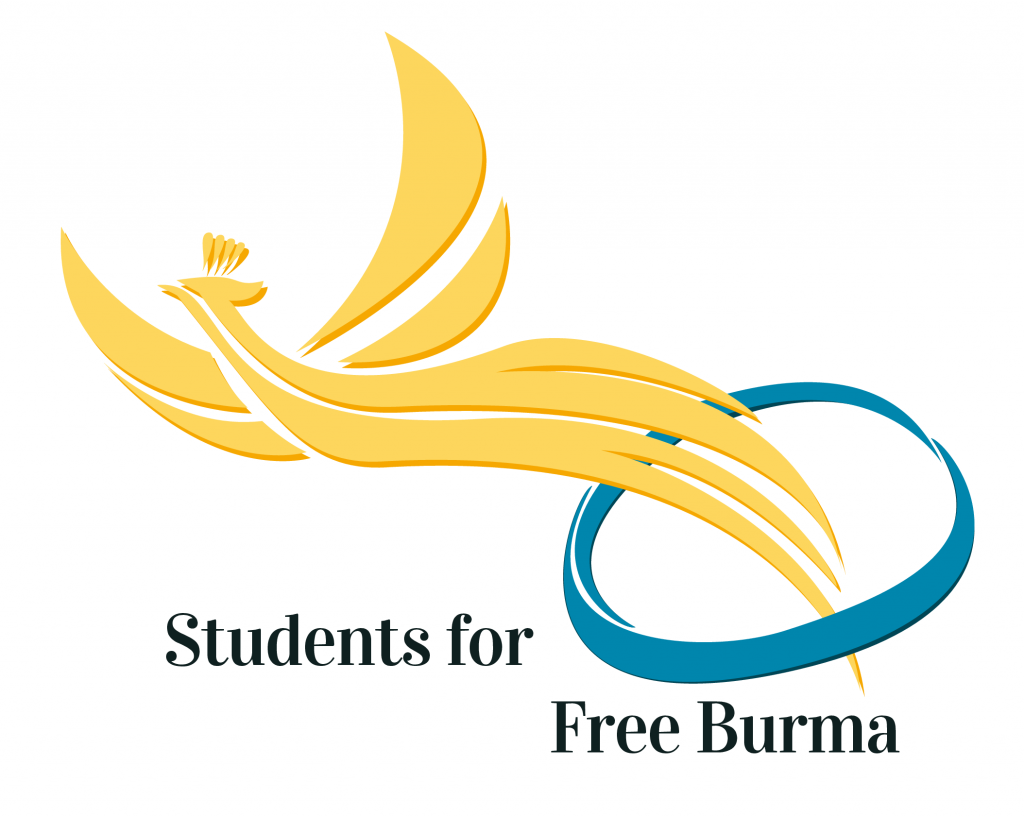Published on August 10, 2022
- Political Developments
- Sources close to the State Counselor Daw Aung San Suu Kyi revealed that the State Counselor looked distressed and questioned the executions of four political activists when she was at a recent court hearing.
- On August 01, Junta Leader Min Aung Hlaing announced that the regime vows to increase the “public security system” by doubling the efforts of state-sponsored militia groups such as the Pyu Saw Htee.
- On July 31, the military junta extended Burma’s state of emergency for an additional six months until Feb 01, 2023. The military junta’s acting president, Myint Swe, approved this request for an extension.
- On July 27, a day after the executions of four pro-democracy activists, the National Unity Government (NUG), ethnic armed organizations, and the National League for Democracy (NLD) released a joint statement pledging to fight against the military regime with unity.
- Ground Situation
- As of August 10, 2022, the Assistance Association for Political Prisoners (AAPP), a Burmese human rights advocacy organization, reported that 2,174 individuals have been killed. AAPP also reported that 15,079 individuals have been arrested and 11,982 individuals are still detained by the Burmese military since the coup.
- On July 30, the junta arrested a Japanese documentary filmmaker. Later, the filmmaker was charged with incitement and violations of visa and immigration rules.
- International Responses
- On August 06, at a press conference after the 55th ASEAN Foreign Ministers’ Meeting, Prak Sokhonn, the ASEAN special envoy to Burma, described the executions of four democracy activists as a “setback” and suggested the junta may be barred from upcoming summits if there is no “visible progress” and continues with further executions. Even though his previous visits were largely unsuccessful, he is reportedly considering visiting Burma again in September.
- On August 05, at a meeting with ASEAN Foreign Ministers, US Secretary of State Antony Blinken called on the international community not to endorse the junta’s planned elections next year. In a separate interview, Blinken also considered “additional forms of economic pressure and sanctions” and suggested potentially suspending Burma from ASEAN for the junta’s noncompliance with the Five-Point Consensus.
- On August 03, Russian Foreign Minister Sergey Lavrov visited Burma and met with his junta counterpart and Junta Leader Min Aung Hlaing to discuss economic cooperation and continued armed sales. Min Aung Hlaing reportedly suggested moving the Russian embassy from Yangon to Naypyidaw and creating new consulates in St. Petersburg and Novosibirsk.
- On July 28, Australian foreign affairs officials announced that they would attend the opening of a new “representative office” for the NUG in Canberra, Australia. Dr. Tun Aung Shwe, the NUG’s representative to Australia, said this physical presence is a sign of greater recognition.
- Since July 25, more international actors have condemned the junta’s execution of four pro-democracy activists. These include the UN Security Council (unanimously approved by all 15 members), Malaysia, India, the G7 Foreign Ministers, and Germany. Notably, Malaysian Foreign Minister Saifuddin Abdullah said the executions made a “mockery” of the ASEAN Five-Point Consensus and questioned the future of the consensus. The National Unity Government (NUG) welcomed the UN Security Council’s condemnation and called for action beyond deferring to ASEAN.
- Business and Economy
- Burma is considering the use of Russian mir payment cards. Justice for Myanmar (JFM) reported that the adoption of a Russian payment system could potentially help the junta evade sanctions and continue arm purchases from foreign sellers.


